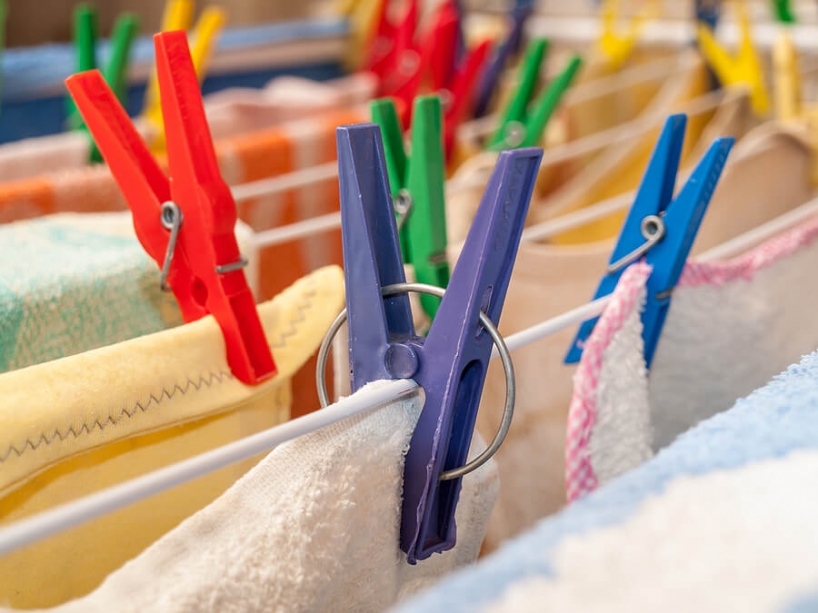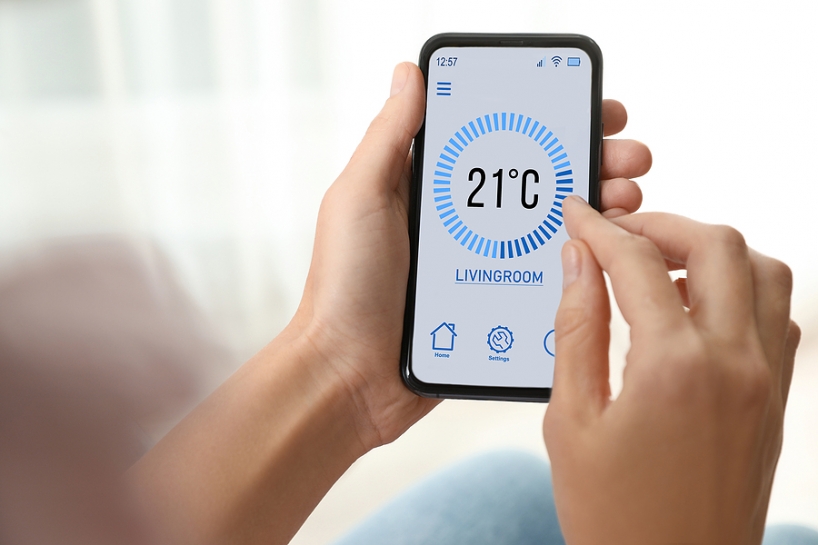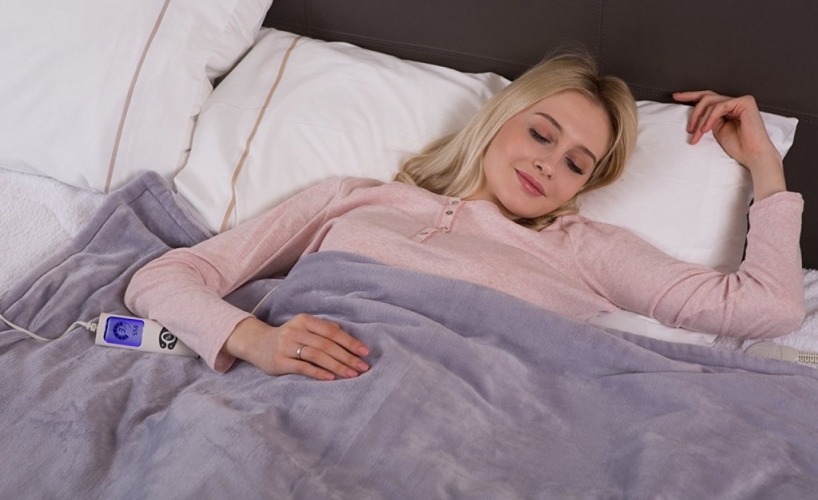
April 22nd, 2022 by
Earth Day is an annual event that celebrates the achievements of the environmental movement and encourages people to think about taking action to create long term ecological sustainability.
One of the key messages of Earth Day is that through mass participation, we can make a big difference just by making small changes in our everyday lives. While some energy-saving measures, such as better insulation and renewable energy systems, can be expensive there are actually lots of simple things you can do that don’t cost a lot (if anything) and would also reduce your energy costs so would pay for themselves.
Here are 10 things you can do that could add up to make a big impact:
Rethink your laundry
Laundry is one of those never-ending jobs, especially if you have children. There are several small adjustments you can make to your washing routines that can save quite a significant amount of energy:
- Wash at 30°. How many of us simply stick the wash on at 40° regardless of what it is? Because machines are more advanced and detergents more effective, the majority of items will wash perfectly well at 30° and when you consider the number of loads you do, that could add up to a significant saving.
- Always fill the machine. If you only ever put the washing machine on when you have a full load you will need far fewer loads to wash the same amount of clothes.
- Find alternative ways to dry your clothes than the tumble dryer. Tumble dryers not only use energy, but you can also risk shrinking clothes. Wherever possible, line dry clothes outside. Where the weather prohibits that (we know the UK weather is extremely variable!), find other ways such as a heated airer which uses much less energy than a dryer. Never dry items on the radiator as this can lead to damp and restricts heat circulating around the room.

Rethink your cooking
Always consider the lowest energy option for cooking, as there could be much more efficient ways to make the same meal. It is not efficient to heat a large oven to cook something small so if you have a small top oven, use that instead. Microwaves and slow cookers use much less energy than ovens and a stacked steamer only requires one ring to be used on the hob. Even better, now that it’s warmer weather, choose more meals that don’t require cooking, such as salads.
Rethink your lighting
Are you over-lighting your home? You may be using lots of lights that you don’t need. Turn off any lights in empty rooms and spaces and think more about ‘task lighting’, ie limiting lighting to the specific area you are performing a task in such as a lamp near where you’re working/reading/knitting etc, or under-cupboard/oven hood lighting where you’re cooking. Always use low energy bulbs. Also, take advantage of natural light and move closer to windows when working or doing things during the day.
Switch to smart heating
This one has some initial costs, but you will find that you soon make these back once you start using new systems/products. Smart heating helps you to manage your energy usage more efficiently. A smart meter will give you valuable data about your current consumption, smart heating systems such as Nest or Hive will allow you to control your heating from anywhere via an app, as will smart panel heaters. This means you can manage your heating around your movements and never heat an empty room again!

Only buy energy-efficient appliances
Replacing all your appliances with new ones would be prohibitively expensive and, in itself, wasteful. However, when you do come to need new ones add ‘energy efficient’ to your list of criteria. Most appliances have energy ratings so it’s easy to identify the best ones and look for quality marks such as Lot 20 which meet strict energy efficiency standards.
Turn sockets off when not in use
Leaving appliances and chargers plugged into sockets left on at the switch will still be drawing power, even if they’re not in use. Where practical, turn them off. Some smart systems can allow you to do this via an app rather than you having to reach behind the TV or crawl along the skirting boards every time.
Adopt some ‘old fashioned’ heating hacks!
While the future of energy efficiency certainly lies in developing advanced technology, we can still adopt some traditional measures for keeping warm that your gran would approve of. This can include using an electric blanket or throw as an alternative to heating the room (electric blankets cost just a few pennies a night to run), using draught excluders to minimise heat loss, and closing curtains and doors as soon as it gets dark to conserve natural heat from the day.

Stop overcharging
We all rely on devices, so we need to make sure they stay charged up. Many of us are guilty of sticking items on charge and forgetting about them for hours or even charging things overnight. This will still draw power long after the device is fully charged. It’s much better to just charge them until the battery is full and then unplug them. Rather than charging your phone overnight, why not get into the habit of doing it during the day when you can keep an eye on it?
Stop over-boiling the kettle
While it can seem like more effort to keep having to fill the kettle every time we want a drink, it’s much better to only boil the volume of water you need than it is to boil a full kettle for one cup. It will also improve your cuppa as you are getting fresh water each time rather than water that may have been boiled several times. Keep the kettle near the sink if this makes it easier or use coffee machines or boiling water taps that only heat what you need.
Maximise natural airflow
In the summer when it’s warm, we may rely on fans to keep us cool. Many fans are quite energy-efficient, but you can maximise their efficacy by using them in conjunction with natural airflow. You can do this by opening doors and windows and placing a fan near the opening to give it access to more air.

Comments
Leave a reply
Your e-mail address will not be published. All fields are required


